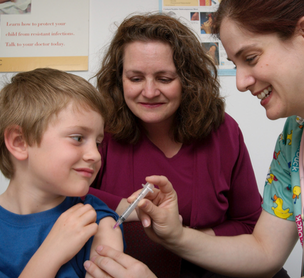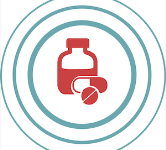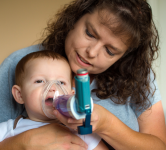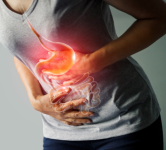£9.95 GBP, 2 hours
Vaccination is one of the greatest life-saving developments in human history. Vaccines have led to the eradication of smallpox, the near-eradication of polio, and a reduction in measles deaths of nearly 80 per cent since 2000.
Recent advances in vaccine development have raised hopes of more widespread use of immunisation against non-infectious diseases such as cancer, Alzheimer’s and drug addiction.
Vaccines, as with any drug, must be assessed in terms of risk versus benefit. Where fatal infections are concerned benefits far outweigh risks but perceptions of the benefits of vaccines are changing as experiences of childhood epidemic diseases fade from living memory. It is important to use rigorous science to accurately assess the risks and benefits of vaccines. Nurses are crucial to the promotion of community health through widespread vaccination. A good understanding of the physiological basis of vaccine effects and the research supporting global vaccination campaigns is an essential basis for this role.
After completing this learning activity and quiz, you should be able to:
- Explain the roles of innate and acquired immunity in defence against infectious disease.
- Describe the impact of various forms of vaccines and their adjuvants in the development of immunity.
- Discuss key myths about vaccination and research related to these.
- Describe adverse effects associated with vaccination.






